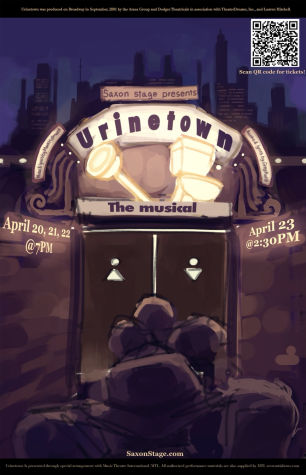The Key to the SAT and ACT
Being a junior and senior can appear as some of the most stressful years throughout high school. Having to consider colleges, study for standardized tests, and keep up a high GPA contributes to being overwhelmed. An important role played in juniors and seniors are the standardized tests that can determine each student’s admission and success for the future.
The SAT’s are a standardized test that colleges use to determine how well a student knows how to use and apply reading, writing, and math. The test is made out of 2400 points with each reading section consisting of sixty-seven multiple choice questions in seventy minutes of passages, sentence completion, and vocabulary. The math section is made up of fifty-four questions and requires the knowledge of algebra one, algebra two, geometry, and basic arithmetic. The last section is writing which has forty nine multiple choice questions along with one essay question. The test scorers aim to see that students are capable of limiting sentence errors and are able to identify and correct them using grammar rules. Langley students average around a 620 in each section.
The ACT is another standardized test that colleges use to determine admission by testing subjects in science, math, reading, and English. The test is composed of thirty-six points that are divided into seventy five multiple choice questions that test student’s abilities of using punctuation, grammar, and sentence structures. The science section is based mainly off science based paragraphs that may include graphs, charts, and tables. Math is more focused in the ACT as there are more problems for the math section (60 questions) and for reading there are 20 less questions. As with the SAT, the ACT has a writing section that is optional. However, many companies such as “Princeton Review” and “Kaplan” recommend test takers to write the essay.
Deciding which test to take depends on the student’s individual strengths and weaknesses. Sareena Dhillon, sophomore at Langley adds, “I took the SAT because English is easier for me so naturally the questions were far easier than the complicated math in the ACT.” Because the SAT focuses on English skills, this could contribute to the reason why it would be taken. Although others can find the reading comprehension grueling in the SAT, which can transition students to consider the ACT. Sophia Brodnax, senior at Langley, responded to being asked why the ACT was a better option, “The ACT reading comprehension is so much easier though.” Choosing which standardized tests to take can be chosen off what subjects generally appear more facile.
Prepping for standardized tests are crucial for how your desired score will turn out. The higher status of the college means the university will expect an impressing score. English teacher, Mrs. Jewell gives advice for students planning on taking the SAT, “To read good literature and good writing… the more familiar you are with how the languages are used, the more capable you will be of answering the reading passages.” However, with students leaning towards ACT there is a different approach to receiving an advanced score. Daniel Levetown, a former student at Langley now attending Penn State discusses, “ACT’s are more based on math and science…so the best thing to do is take harder math classes to go beyond what the ACT will expect you to know.” Matt Levetown, also a former student at Langley now studying law at the University of Virginia, shares, “Definitely recommend Princeton Review, Kaplan, and TestMasters as a source to learn the skills and practice.”
The SAT’s are bringing new changes to 2016 that may affect the way students prepare for the test. Changes include:
1. The essay is optional
2. More time
3. The math section focuses on
a. Real world problem solving
b. Algebra 1 and Algebra 2
4. There are no more sentence completion sentences
5. Passages are more about US. and Word Literature with History and Social sciences
6. Less relevant vocabulary
7. No more guessing penalty




